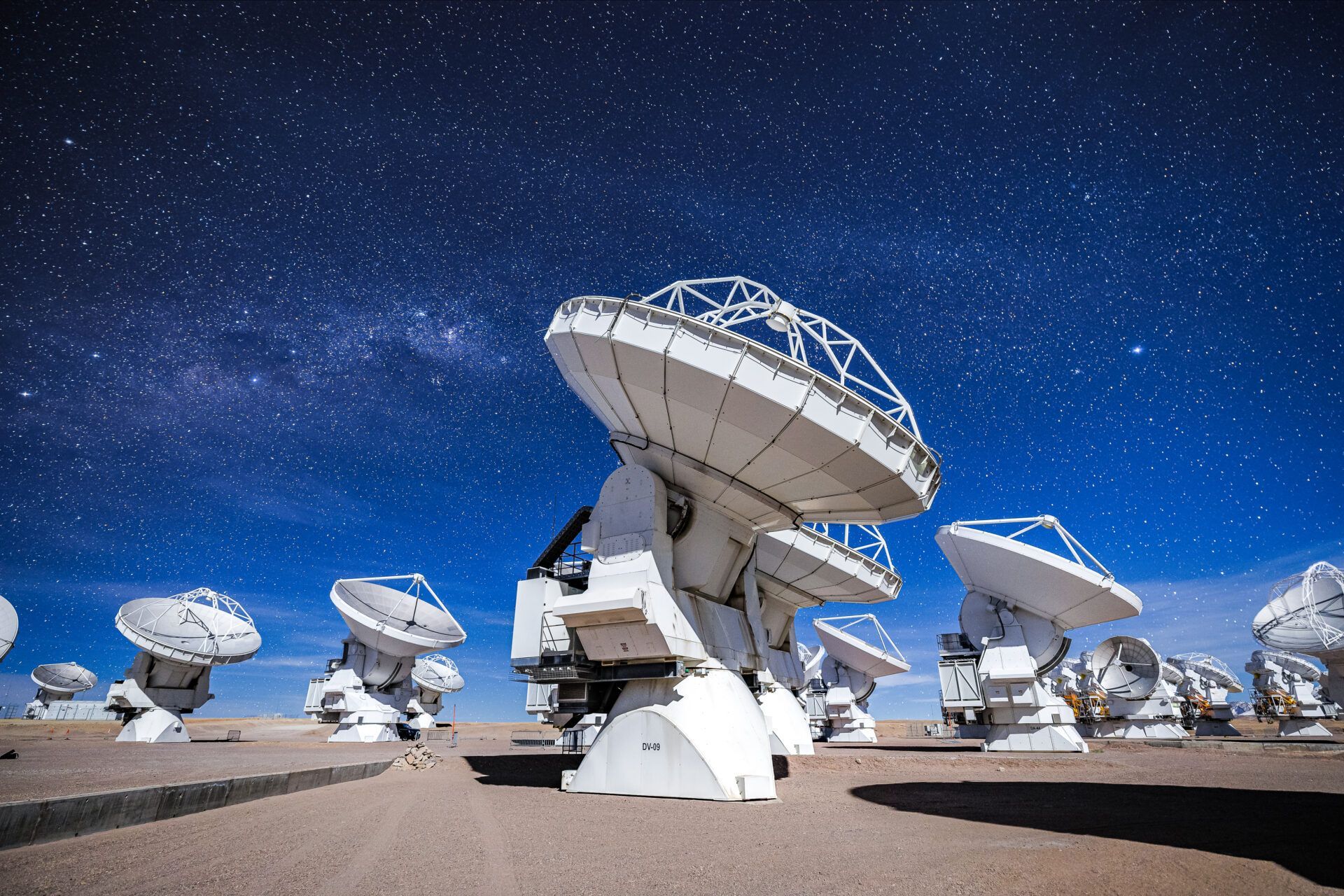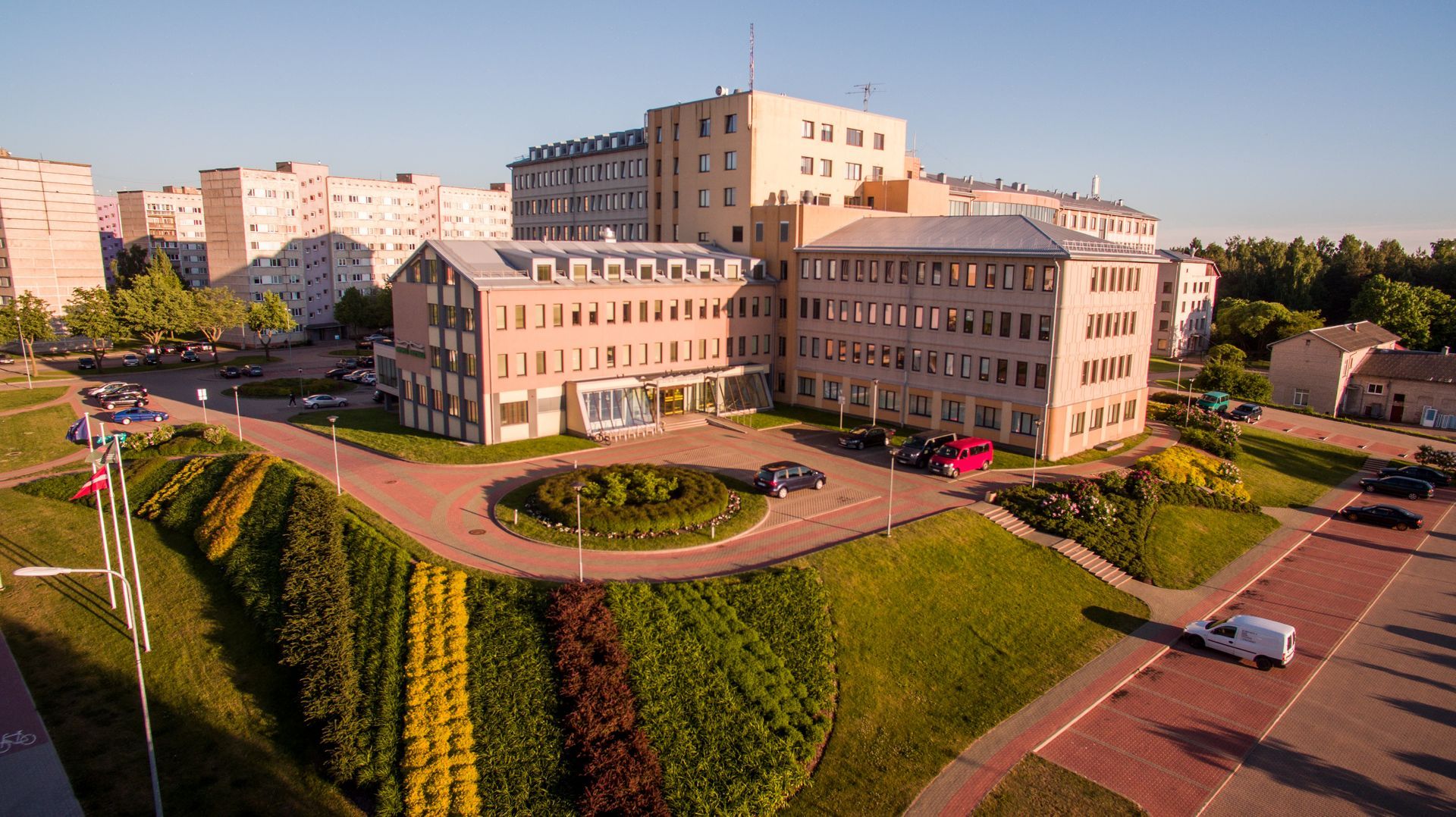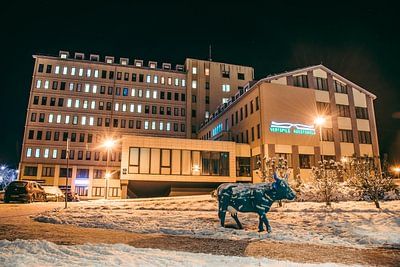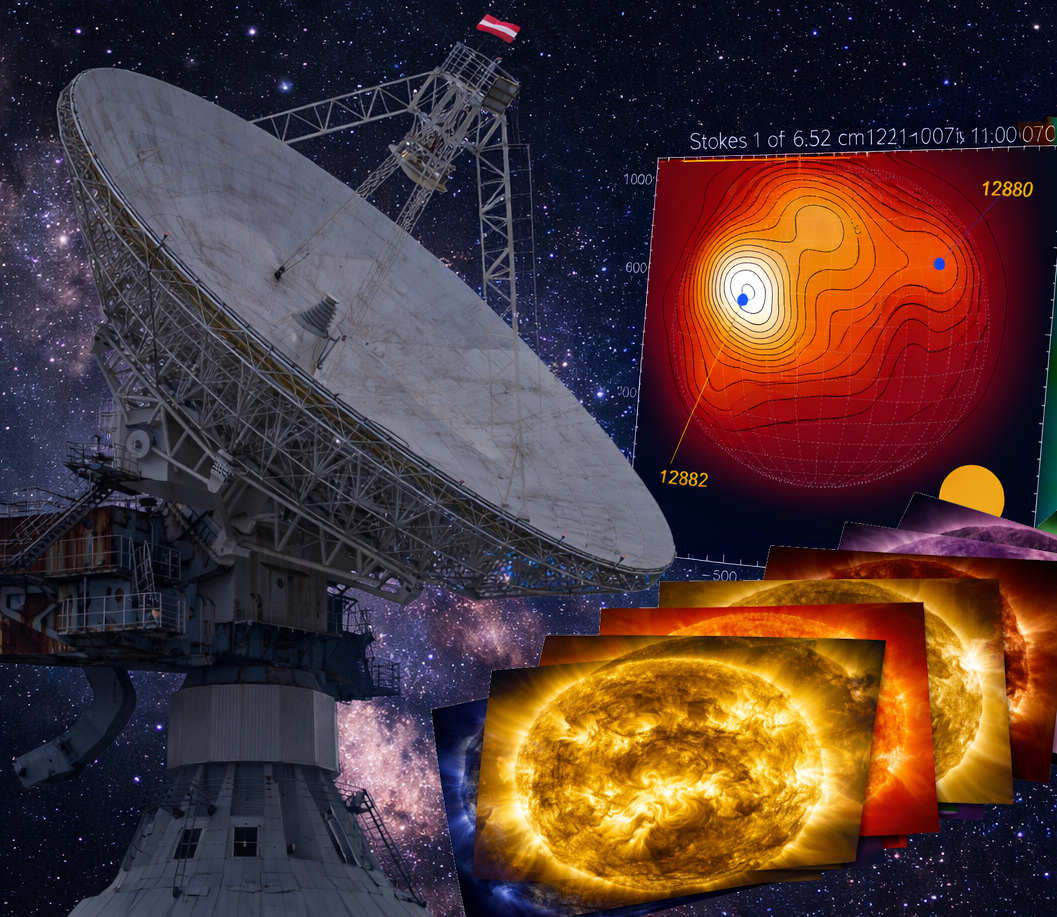Interim Report of the Project “Smart Complex of Information Systems of Specialized Biology Lexis for the Research and Preservation of Linguistic Diversity”
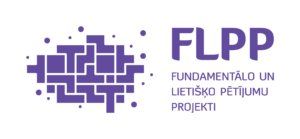

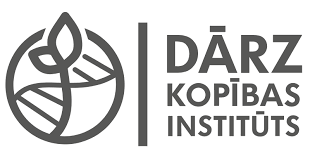
Researchers of Ventspils University of Applied Sciences and Institute of Horticulture have been actively working on the project “Smart Complex of Information Systems of Specialized Biology Lexis for the Research and Preservation of Linguistic Diversity” for 18 months already. It is time to look at the things accomplished by summarising the achievements and future tasks, preparing this interim report, and providing information to society.
So far, approximately 200 online meetings of project participants have taken place. Work on the improvement of the information system for saving and researching the terms of organisms and biology is continuing, and there is active data input. Since the project topic is specific and can be considered to be a complex issue regarding both terminology and technology solutions, the project researchers must on a regular basis search for different solutions and compromises to achieve the expectations. The students involved in the project and participating in the development of the interactive multifunctional database management system (IMDS) and a mobile application – a translation dictionary of botanical terms – have already gained good experience in the development and testing of a practical information system and in the work with the mobile application programming.
Currently, 81,624 names of organism taxons from 460 bibliography sources have been entered into the database. Also, the names of plant species are being collected to complement the model of the translation dictionary of botanical terms, and solutions to add useful extra information to the dictionary are searched for, e.g., by using pictograms.
Also, students of the Faculty of Translation Studies of the Ventspils University of Applied Sciences (FTS of VUAS) have been involved in the project during their scientific internship and as a part of a professional translation internship. Within the scientific internship, the students have performed several tasks such as data excerpting, translation of plant descriptions, and preparing interesting educational tasks for the mobile application which is the translation dictionary of botanical terms. It is planned to involve the students in project tasks also in the future.
There have been two bachelor papers written, defended, and positively assessed on the project topic: a paper by Linda Ozola-Ozoliņa “Environmental Term “Swamp”: Problems and Solutions in Latvian and English Translations of Helonyms” (FTS of VUAS) and a paper by Kristers Rutkis “Digitization of Botanical Dictionaries and Data Integration in IMDS System Using Image Processing Algorithms and Machine Learning Algorithms” (Faculty of Information Technologies of VUAS).
The tasks performed and their research results have been presented with posters and oral reports at several scientific conferences. By now, there have been 7 reports at different international scientific conferences by reading a paper on terminology issues, development of the interactive multifunctional database management and information system, various modern solutions for electronic lexicography, a study of habits of dictionary users and dictionary using skills, as well as on opportunities of digitizing literature for specific purposes. Up to the interim stage, 9 scientific articles of the project have been published in peer-reviewed scientific journals and conference papers, 7 of them – in collections of scientific papers indexed on Scopus. Three scientific articles have been submitted for publication, while two scientific article have been prepared for submission to journals of scientific publications.
The project participants are preparing for and inviting researchers to apply their papers for the international multi-disciplinary scientific conference “Linguistic Diversity, Terminology and Statistics” to be held on 3–4 November 2022 online (link: https://www.virac.eu/ldts). The deadline for submitting the paper applications – is 31 July.
This research has been funded by the Latvian Council of Science, project “Smart Complex of Information Systems of Specialized Biology Lexis for the Research and Preservation of Linguistic Diversity“. Project No. Izp-2020/1-0179.
Share on other platforms
Other news


